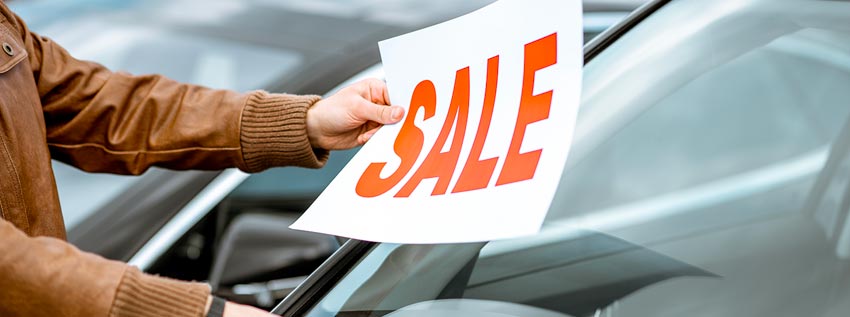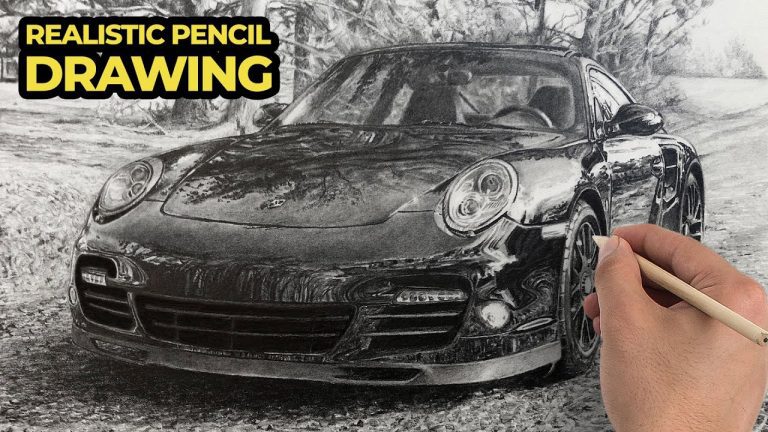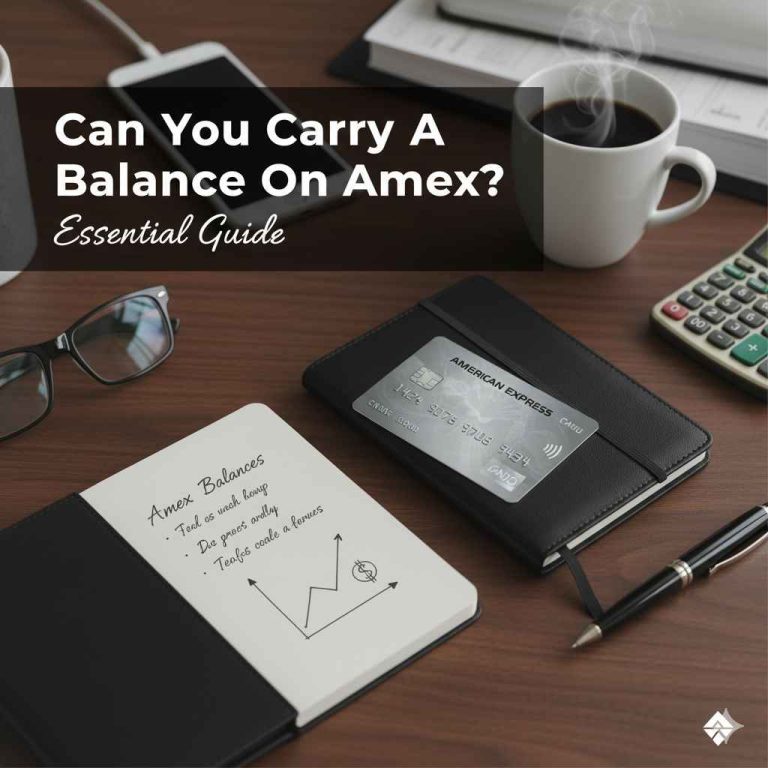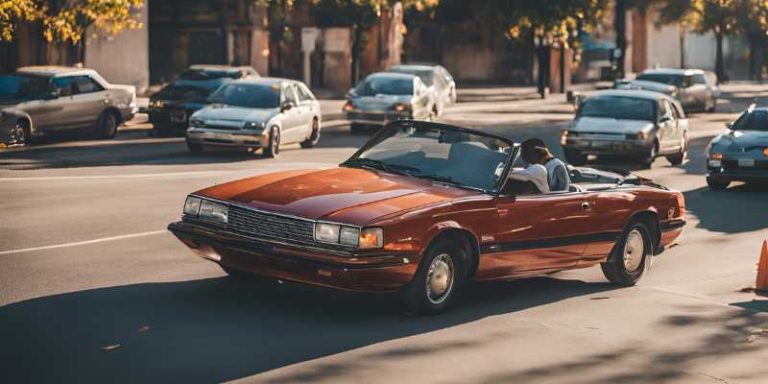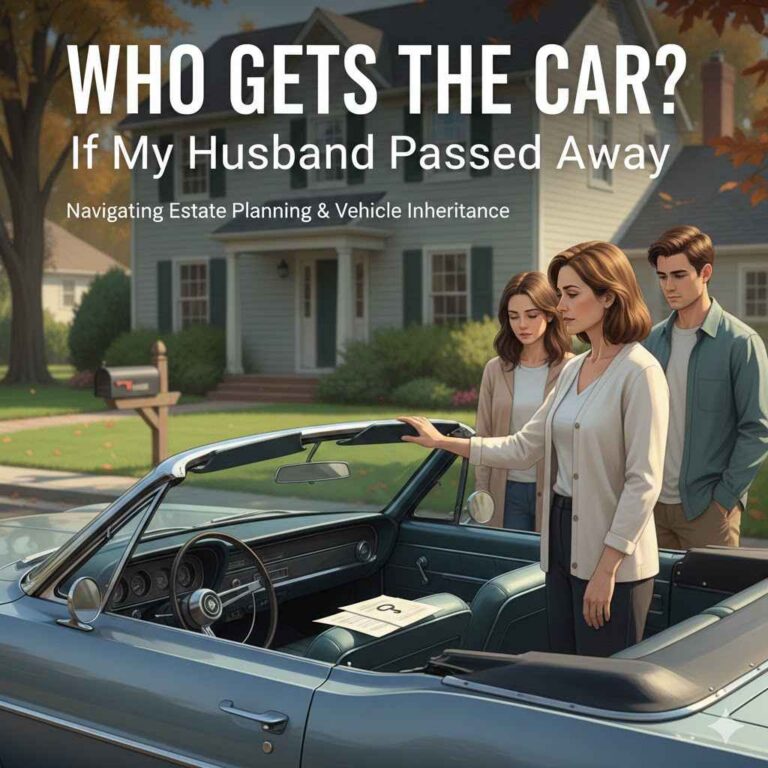Why are Interest Rates Higher for Used Cars: Uncover the Truth
Interest rates are higher for used cars due to several factors. One main reason is the increased risk for lenders.
When you buy a used car, lenders see it as a higher risk investment. Used cars have more wear and tear. They can break down more easily compared to new cars. This makes them less reliable. Lenders worry that if the car fails, you might stop paying your loan.
To cover this risk, they charge higher interest rates. Understanding why interest rates are higher for used cars can help you make better financial decisions. It can also help you plan your budget more effectively. Let’s dive deeper into the reasons behind this trend.
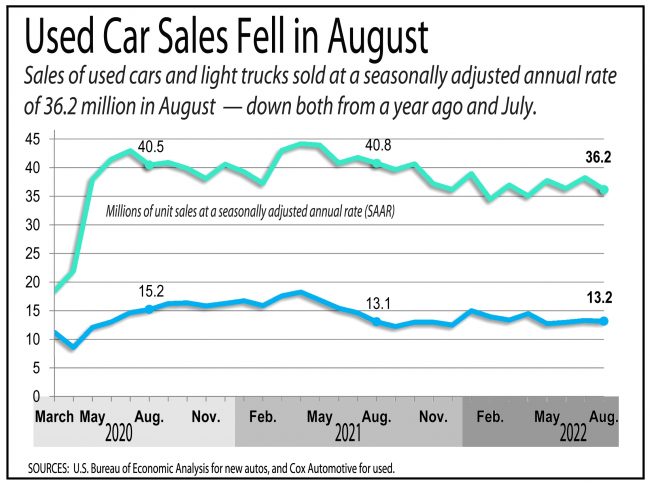
Credit: www.cutimes.com
Interest Rates Basics
Interest rates are the cost of borrowing money. Lenders charge interest to make a profit. These rates affect how much you pay back. They are usually shown as a percentage. Higher rates mean you pay more over time. Lower rates mean you pay less.
Several factors influence interest rates. Credit score is one of the main factors. A higher credit score often means lower rates. Loan term also matters. Shorter terms can have lower rates. Economy health affects rates too. Strong economy can lead to higher rates.
Used Cars Vs New Cars
Financing a used car can be tough. Banks see more risk with used cars. More risk means higher interest rates. New cars have lower rates because they are less risky. The car’s age impacts the rate. Older cars often have even higher rates.
Used cars lose value faster. This is called depreciation. Banks worry about this drop. Resale value impacts loan decisions. New cars hold value better. Less worry for banks. So, they offer better rates.
Risk Factors
Lenders see used cars as a higher risk. Used cars can break down more often. Repairs can be expensive. These factors make used cars less reliable. Lenders worry that borrowers may not be able to pay back loans. Used cars have lower value than new cars. This means lenders can lose money if borrowers don’t pay. Higher risk leads to higher interest rates.
Loans for used cars often have shorter terms. This means you have less time to pay back the loan. Shorter terms lead to higher monthly payments. Interest rates are also higher for used car loans. Higher rates make loans more expensive. Higher costs can make it harder to buy a used car.

Credit: www.forbes.com
Credit Scores
Credit scores affect loan interest rates. Higher scores mean lower rates. Lower scores mean higher rates. Lenders see risk in low scores. Risk means higher interest. A used car loan can be risky. So, lenders charge more interest.
Used car loans affect credit scores. Paying on time helps scores. Missing payments hurts scores. High interest can make payments hard. Hard payments can lead to missed payments. Missed payments lower credit scores.
Market Trends
Interest rates for used cars are often higher than new cars. Lenders see used cars as a bigger risk. Older cars may have more problems. This makes them less valuable over time. Lenders want to protect their money. They charge higher rates to do this. People with lower credit scores may also get higher rates. It’s important to shop around for the best deal. Compare rates from different lenders. Always read the terms carefully.
The economy affects interest rates for used cars. When the economy is strong, rates can go down. People have more money to spend. When the economy is weak, rates can go up. Lenders worry about getting paid back. They charge more to cover the risk. Inflation can also play a role. When prices rise, interest rates often follow. Understanding these factors can help you make better choices.
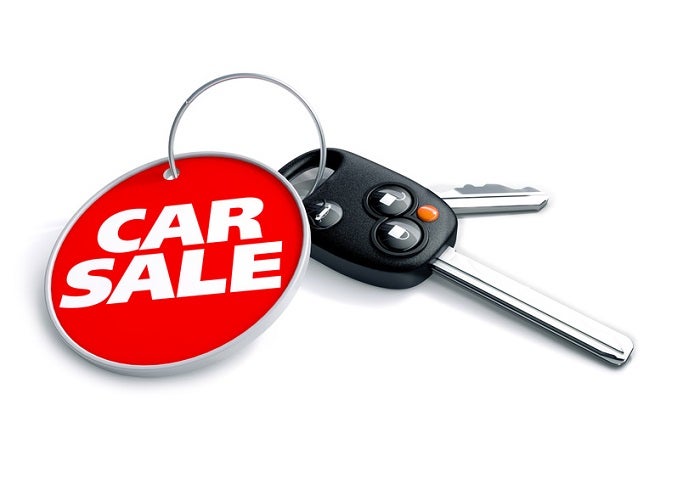
Credit: www.rickweaver.com
Tips For Borrowers
Interest rates for used cars tend to be higher due to the greater risk of depreciation. Lenders also see used cars as less reliable, which increases the interest rates.
Finding The Best Rates
Search for lenders with the lowest rates. Compare multiple offers. Check for any hidden fees. A higher credit score helps. Shorter loan terms often mean lower rates. A larger down payment reduces your loan amount. Consider pre-approved loans.
Negotiating Loan Terms
Ask for a lower rate. Be ready to walk away if needed. Point out your credit score. Offer a larger down payment. Discuss shorter loan terms. Get all terms in writing. Understand any fees involved.
Frequently Asked Questions
Why Do Used Cars Have Such High Interest Rates?
Used cars have high interest rates due to higher risk for lenders. Depreciation and potential mechanical issues increase the lender’s risk.
What Is A Good Interest Rate When Buying A Used Car?
A good interest rate for buying a used car typically ranges from 4% to 10%. Rates depend on credit score and loan term.
What Is The 20/4-10 Rule For Buying A Car?
The 20/4/10 rule for buying a car suggests a 20% down payment, a 4-year loan term, and keeping total expenses under 10% of your monthly income.
Why Do Used Car Loans Have Higher Apr?
Used car loans have higher APR because used cars have lower collateral value and higher risk of default for lenders.
Conclusion
Higher interest rates for used cars stem from several factors. Lenders face more risks with older vehicles. Depreciation reduces car value quickly. Maintenance costs can be higher. Buyers with lower credit scores often choose used cars. This increases the risk for lenders.
So, lenders charge higher rates to protect themselves. Understanding these reasons helps make informed car buying decisions. Always compare loan options before purchasing. Consider total costs, not just monthly payments.

